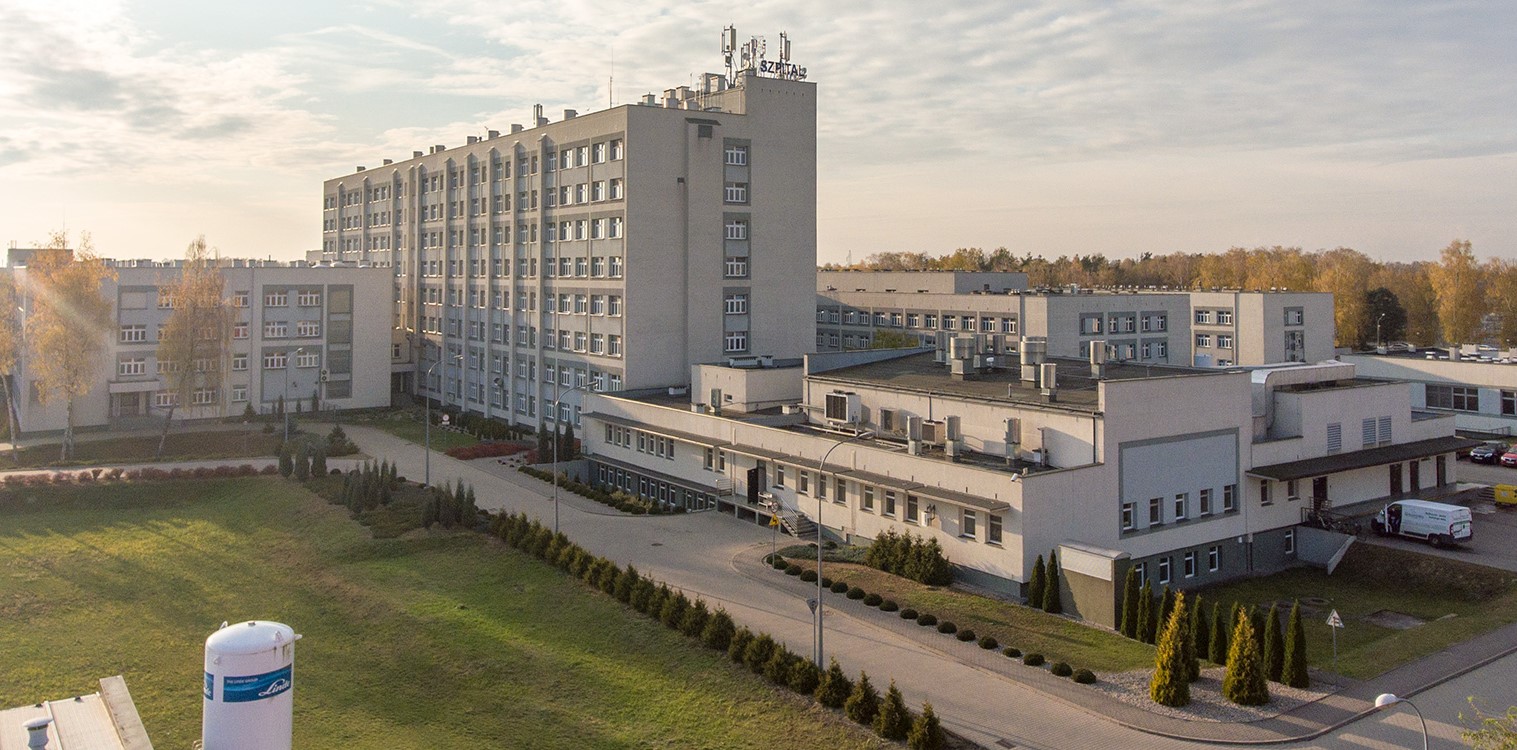The strategic project EMERGENCY, co-financed by Interreg Poland-Ukraine programme 2021-2027 was launched on 15 May 2025 in Ostrołęka (Poland). This is a major infrastructure project of key importance for the border regions, which is in line with Poland’s and Ukraine’s health policy objectives.
Modern medicine without borders – Poland and Ukraine are saving lives together
- 15 May 2025

Health and Safety
The partners of this project is Dr. Józef Psarski Mazowiecki Specialist Hospital in Ostrołęka (Poland) and the Lviv Territorial Medical Association of the Multidisciplinary Emergency and Intensive Therapy Clinical Hospital (Ukraine). Both hospitals work to improve the availability and quality of healthcare in the Polish-Ukrainian border area.
In Ostrołęka, the Hospital Rescue Department will develop a modern helicopter landing area with an internal and accompanying infrastructure. This will significantly reduce the transport time of life-threatening patients from more than one hour to a few minutes. The immediate location of the aerodrome at the emergency department will not only allow patients to be transported quickly to the designated department of the Hospital, but also, if necessary, to hospitals with a higher degree of referencing.
A vascular surgery unit will be upgraded at Lviv hospital and an angiograph will be purchased. A modern device will allow effective treatment of cardiovascular diseases, including brain strokes and heart attacks. This equipment is also of strategic importance to the local community in the context of the ongoing war in Ukraine and the increasing number of patients.
“Access to modern care, speed of response, quality of treatment – determine the safety and comfort of people living in border regions. In the EMERGENCY project, these needs were given full weight and specificity", stressed during the conference, Rafał Baliński, Director of the Department of Territorial Cooperation at the Ministry of Funds and Regional Policy.
The project will also increase the competence of medical staff. Doctors will participate in joint trainings, workshops and exchanges of experience in cardiology, vascular surgery and emergency medical care. The result will be the development and introduction of modern clinical procedures, tailored to the realities of both countries.
Cross-border cooperation
Modernised medical infrastructure and common procedures put in place will ensure better access to professional, modern and life-saving healthcare across the border. The project will mainly benefit the inhabitants of the Mazowieckie Voivodeship and the Lviv region, with a total of more than 22.5 thousand patients per year. The EMERGENCY project is also an example of initiative that builds ties and solidarity between Poland and Ukraine and strengthens joint crisis response capacities.
“Cooperation across borders not only connects people – it saves lives. This project provides real help to patients on both sides of the border," said Paweł Rafał Natkowski, Director of the Dr. Józef Psarski Specialist Hospital Dr. Józef Psarski in Ostrołęka, Director of the Mazowieckie Specialist Hospital.
Preparadness and enlagement
The project will receive more than EUR 3 million in Cohesion Policy funding.
Bartłomiej Balcerzyk, Vice-Head of the Representation of the European Commission in Warsaw, noted that "European Union was created and exists for its citizens, and cross-border Interreg programmes are the best example how EU cohesion policy is improving quality of European citizen‘s life. EMERGENCY is a great project illustrating it. First, this project has not only a local but also a European dimension. It responds to the challenges faced by Poland in the context of the new EU strategy on preparedness. Secondly, we are pleased that Polish and Ukrainian partners are already now sucessfully implementing joint projects. The aim of Interreg programmes is to enable European Union candidate countries, such as Ukraine, to participate in Union‘s programmes even before their accession. Through joint implementation of projects, such as EMERGENCY, Ukraine is already now building administrative capacity of its future beneficiaries of cohesion policy’.
Today’s meeting was an opportunity to present planned actions, investments in health and expected benefits for border residents. For medical experts, the conference provided an opportunity to discuss common strategies for rapid medical intervention in case of heart attacks and strokes. And to exchange experiences and visions to further improve rescue operations.
